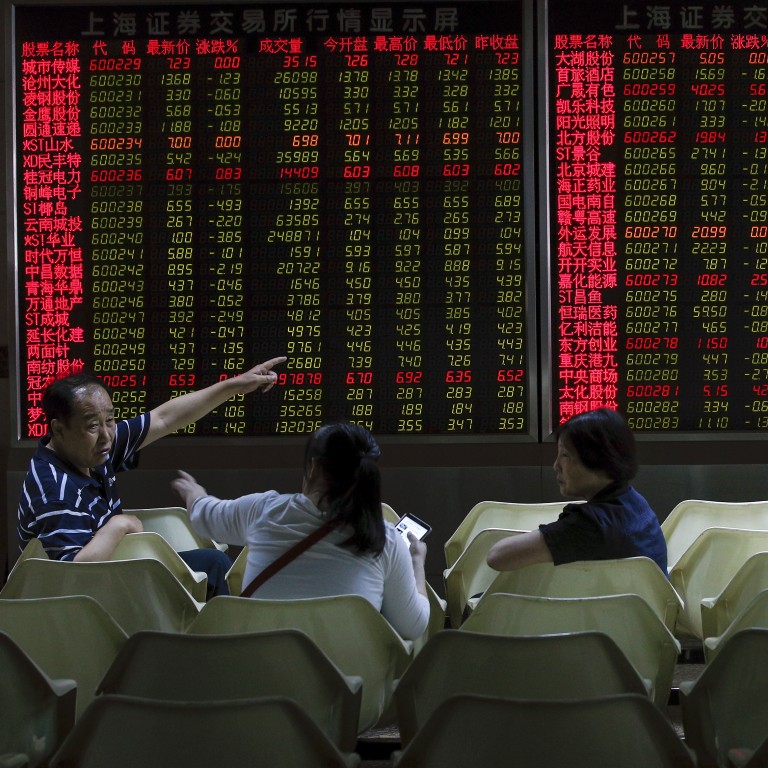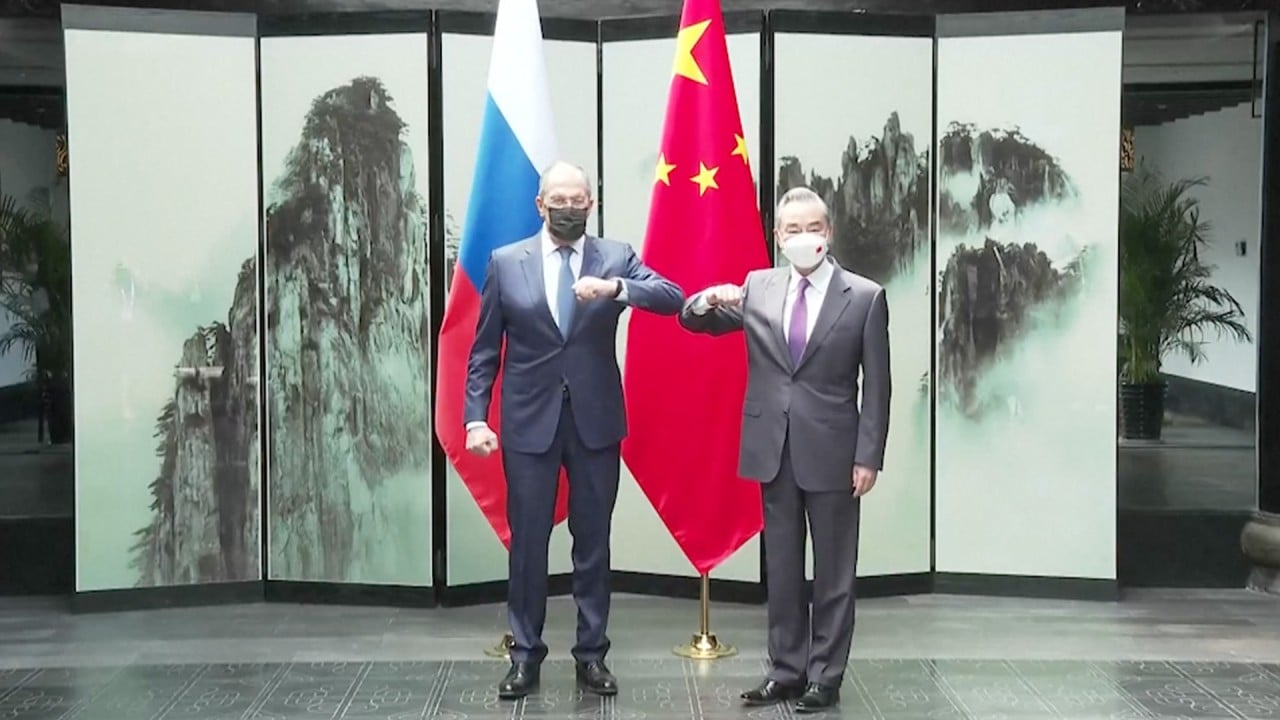
China’s market interference keeps it from achieving a ‘unified domestic market’, economists say
- Experts break down what they see as challenges to Beijing’s recently announced aspirations to build a single market, including an ‘administrative monopoly’
- Hurdles to realising a single unified market in China, like those seen in the United States and European Union, remain high due to favouritism and local protectionism
Political interjection in China’s economy serves as a fundamental stumbling block to achieving a mega “unified domestic market” in the country, Chinese economists warn while calling for a better levelling of the playing field for all types of companies.
Such moves are being made against the backdrop of rising complaints among foreign business communities and private firms who say that extensive market-access barriers, local protectionism, an opaque regulatory system and discriminatory enforcement continue to hinder their activity in China.
Favouritism shown toward state-owned enterprises has resulted in mismatched resources and a distorted industrial structure that has become “a very serious problem” standing in the way of a single market, said Shi Jinchuan, an economics professor at Zhejiang University.
China censors more economists after critical takes on zero-Covid
He argued that state-owned players can leverage their “special political positions or resource advantages” to freely get into industries that other types of companies have developed, but it remains “very difficult” for non-state firms to enter sectors occupied by state enterprises.
“A very important task in speeding up the building of a unified domestic market is … to let private companies have fair market access, let them all enter and withdraw from the market and industries freely,” Shi said at a webinar held by the China Macroeconomy Forum (CMF) on Saturday.
“Fundamentally speaking, the problem [of obstacles facing China’s unified market] lies in the system of administrative intervention in the market,” Lu said at the webinar.
And he said that such “administrative interventions” at local levels can result in “zombie enterprises” – companies that need bailouts or cannot pay off their debts – because of favouritism for local firms, even for ones that show a poor return or operate at a loss.
Lu added that China should focus on boosting per-capita income and improving quality of life, while also fortifying protections of property ownership and income rights.
“Only through the rule of law can we really break the administrative monopoly,” he said.
The central government has vowed to clean up preferential policies that disadvantage foreign companies, and to introduce fair-competition reviews of newly issued policies.
It also said that regulatory rules would be made more coherent, and that authorities would crack down on unfair competition.
The core of building a unified domestic market is to standardise, constrain and control government behaviours
Speaking at the same CMF webinar, Mao Zhenhua, chairman of China Chengxin Credit Management, warned of the risks of regulators mistaking reasonable competition as monopolistic practices.
“The core of building a unified domestic market is to standardise, constrain and control government behaviours, and to safeguard an efficient market by a well-functioning government,” Mao said.
Liu Ruiming, a professor and economist at Renmin University in Beijing, also said the government has intervened in too many issues, and that it should let the market sort itself out, because failing to do so remains one of the major hindrances to achieving a unified market.
And Liu said that the ambiguity of responsibilities among different governmental departments has delayed many reforms, while buck-passing and a “one-size-fits-all” enforcement of regulations have shaken market expectations.
‘It’s a headache’: China’s local officials grapple with ‘common prosperity’
“The more we try to use administrative orders to unify the market … the less likely the market will become unified,” Liu said at the same CMF event, calling on the government to step back from sectors that shouldn’t be controlled, and to provide more targeted and efficient public services.
Still, Wang Qing, a research fellow with the Development Research Centre of the State Council, said it was a “misconception” that the government has already controlled too much and that a unified market would naturally form if the government fully steps back.
He said during the webinar that shaping a unified market can only be done via reasonable coordination between the government and the market.
He also suggested that China learn from the United States and European Union by making clear the relations between central and regional authorities, and should strengthen the dominance and authority of central authorities in constructing a single market.
Publication of the unified-domestic-market text came as lockdowns in Shanghai and other Chinese cities continue to heap pressure on domestic logistics operations, while Russia’s invasion of Ukraine weighs on the global supply chain.
Bai Ming, deputy director of the Chinese Ministry of Commerce’s International Market Research Institute, said building a unified domestic market does not mean closing the door to the outside world.
“So, we need to break down the obstacles to internal circulation to make our market more dynamic and have more opportunities,” Bai said, adding that by doing so, “there is a better chance that other countries will not marginalise China due to higher costs”.


